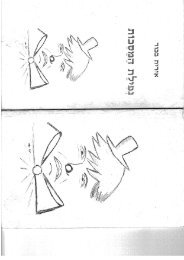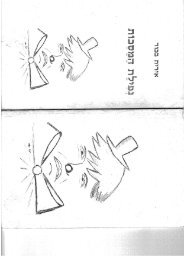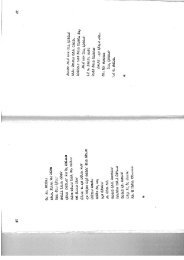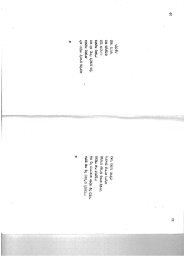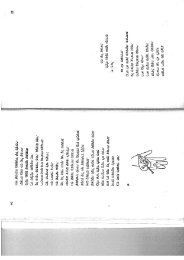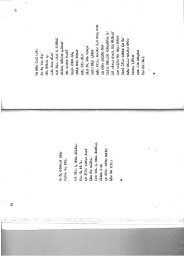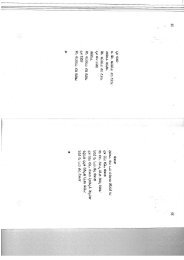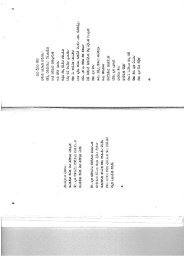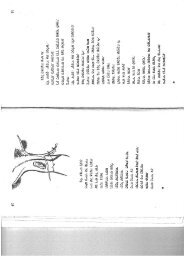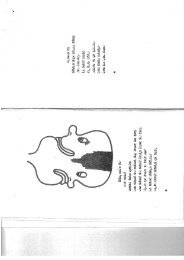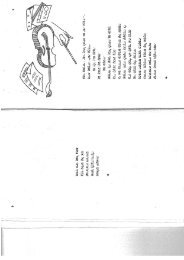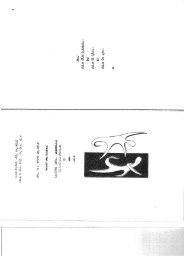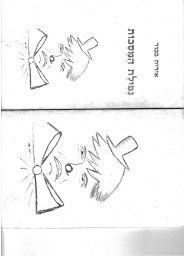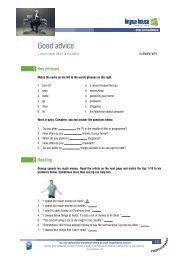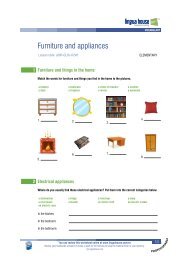developing_writing
Create successful ePaper yourself
Turn your PDF publications into a flip-book with our unique Google optimized e-Paper software.
1. Most verbs take ed to form a participle. The spelling rules for the<br />
ed ending are the same as the rules for the past tense. Follow the<br />
spelling rules for the past tense forms and write the participles for the<br />
verbs below.<br />
hope<br />
land<br />
need<br />
pick up<br />
receive<br />
visit<br />
stay<br />
wait<br />
2. The participles for irregular verbs are different, and must be learned<br />
separately. Here are the past and participle forms for the verbs in Sara’s<br />
letter. (A more complete list of irregular verbs is in the back of the book.)<br />
Simple Form Past Tense Participle Form<br />
be was, were been<br />
begin began begun<br />
buy bought bought<br />
fly flew flown<br />
have had had<br />
know knew known<br />
say said said<br />
see saw seen<br />
send sent sent<br />
think thought thought<br />
write wrote written<br />
Make a sentence for each group of words below. Use the present<br />
perfect tense, and use have or has with a participle form.<br />
1. Sara / receive / her tickets / already<br />
2. Her trip / (not) begin / yet<br />
3. She / (not) buy / any new clothes / yet<br />
4. Sara / send / a letter / to her grandmothers<br />
5. She / write / to Roberta<br />
6. She / (not) fly / to Caracas / before<br />
7. Sara’s father / be / dead / for ten years<br />
8. Her uncle / live / in Caracas / for one year<br />
9. Sara / (not) visit / her uncle / in Caracas before<br />
10. Sara / (not) see / Roberta or his family / before<br />
116



